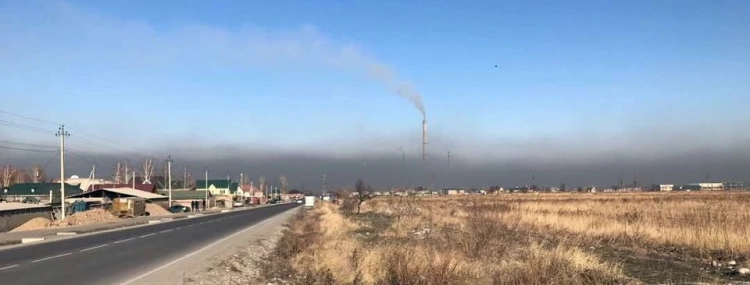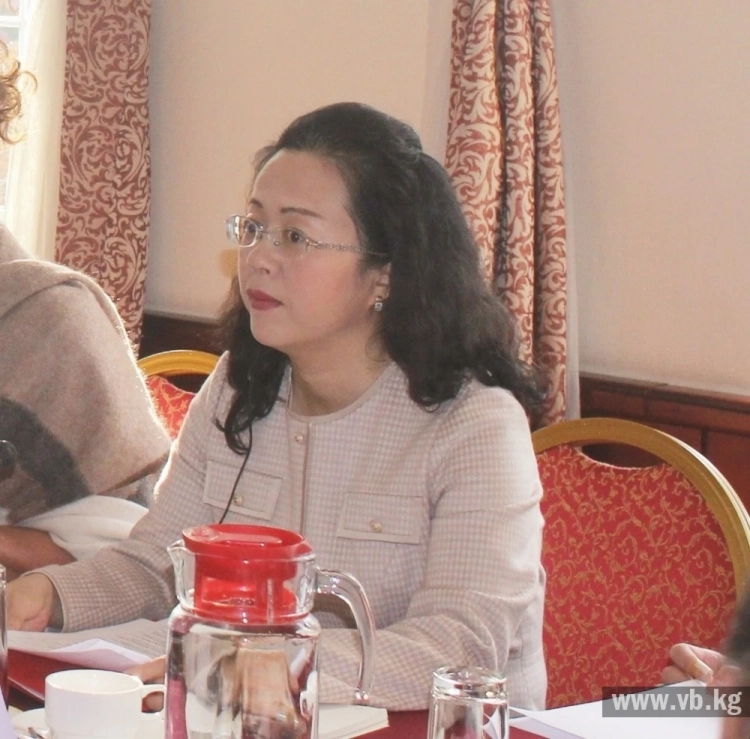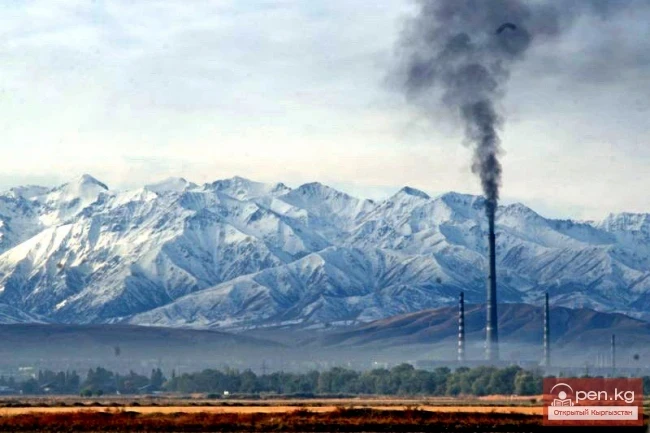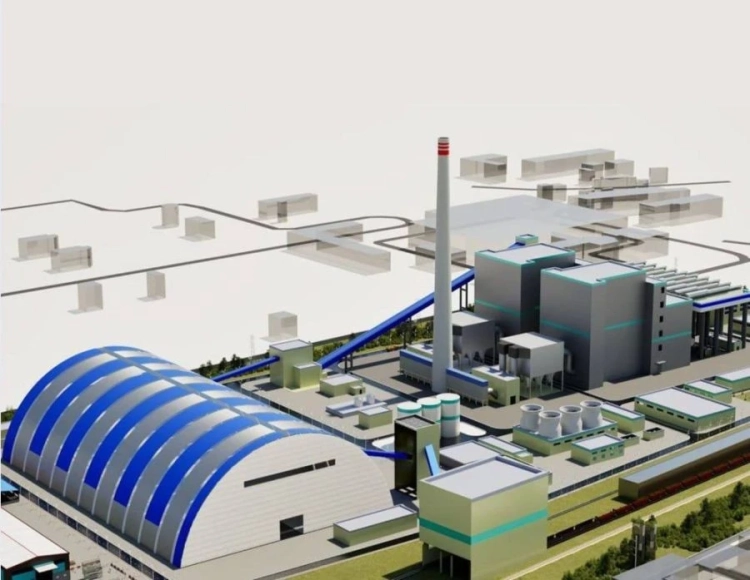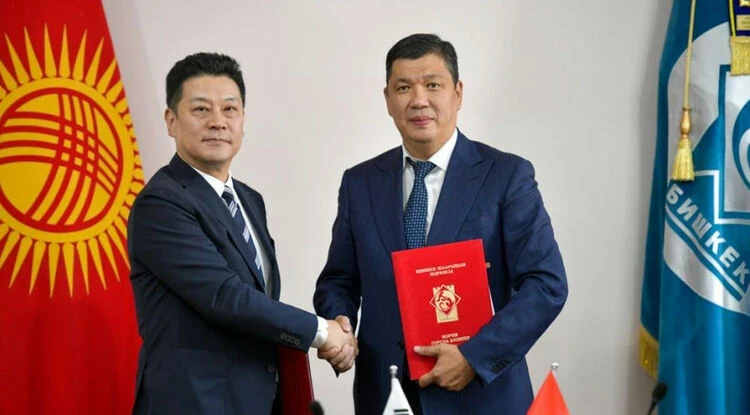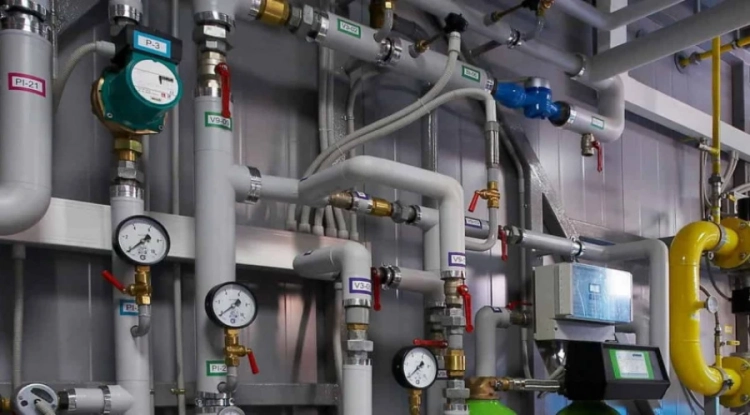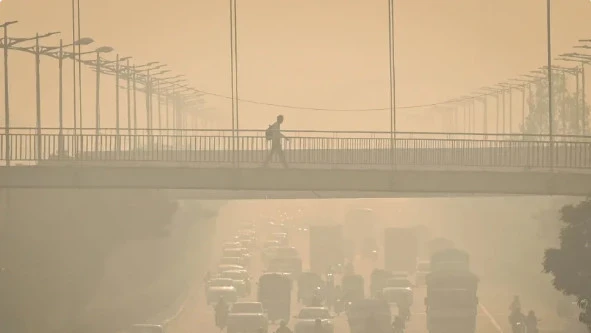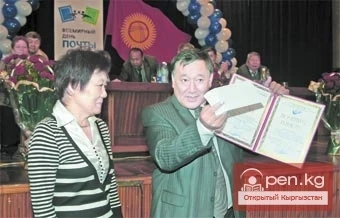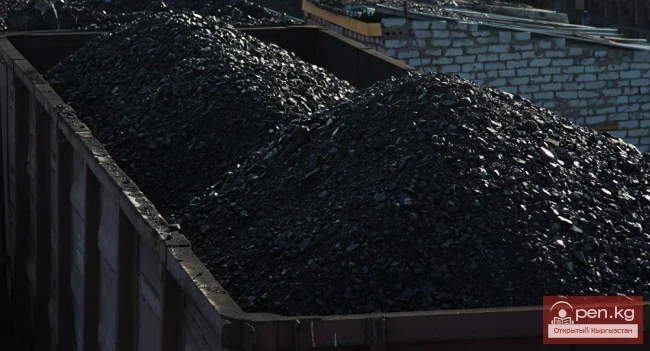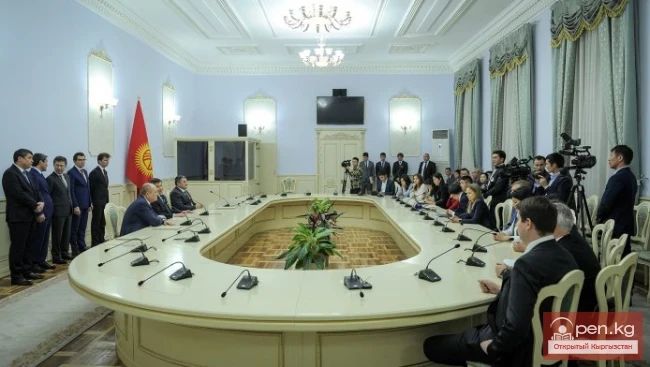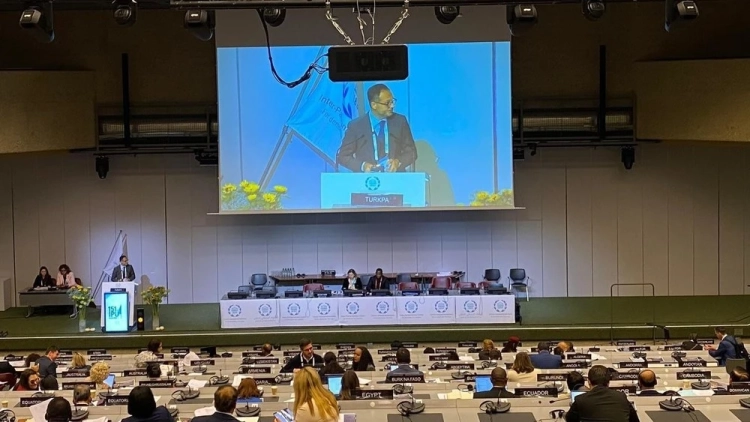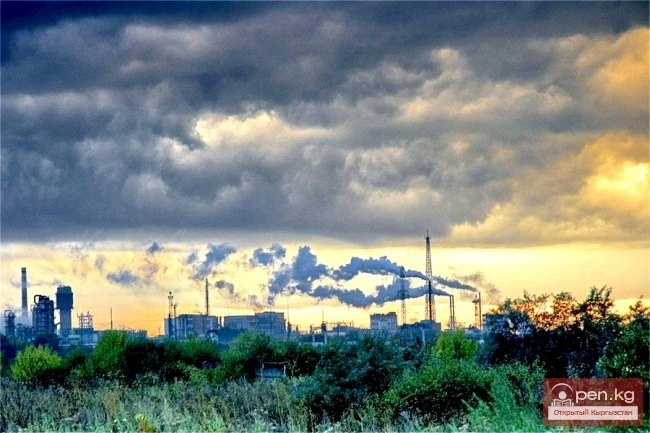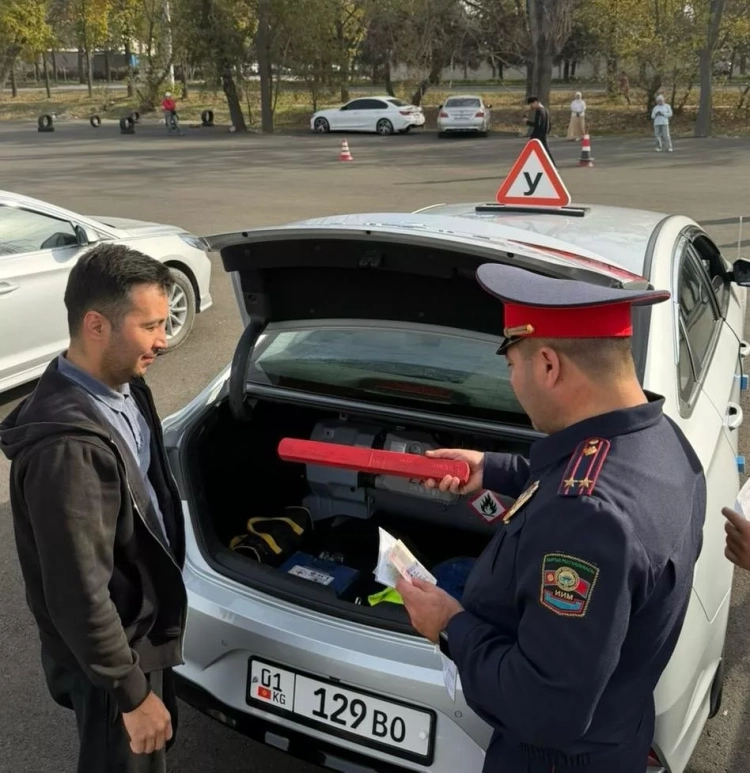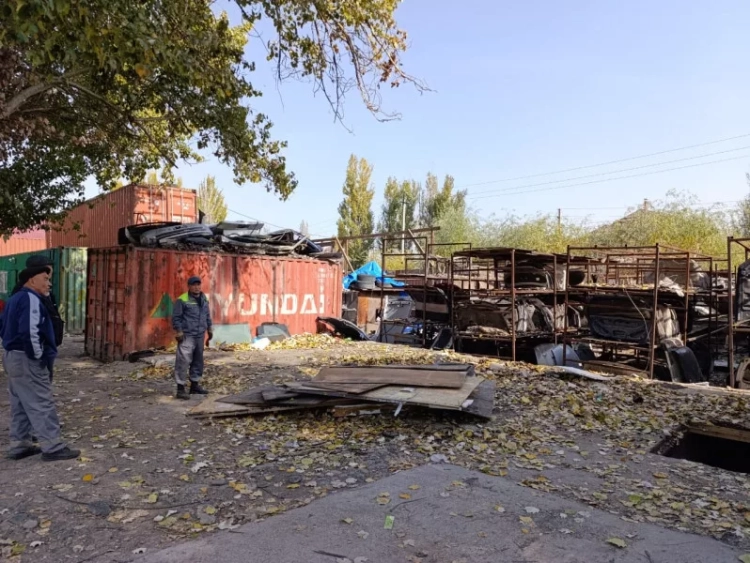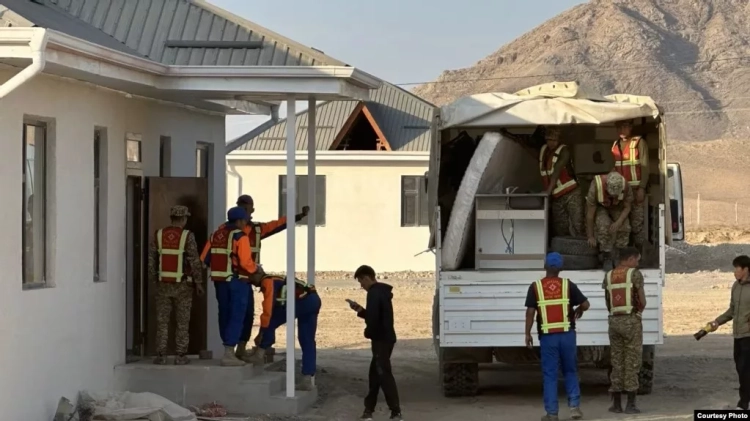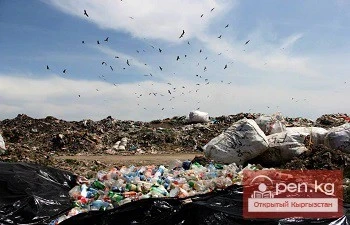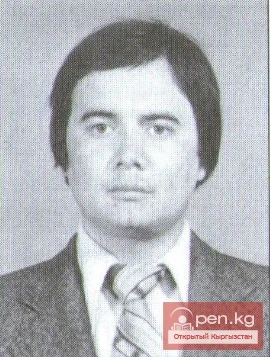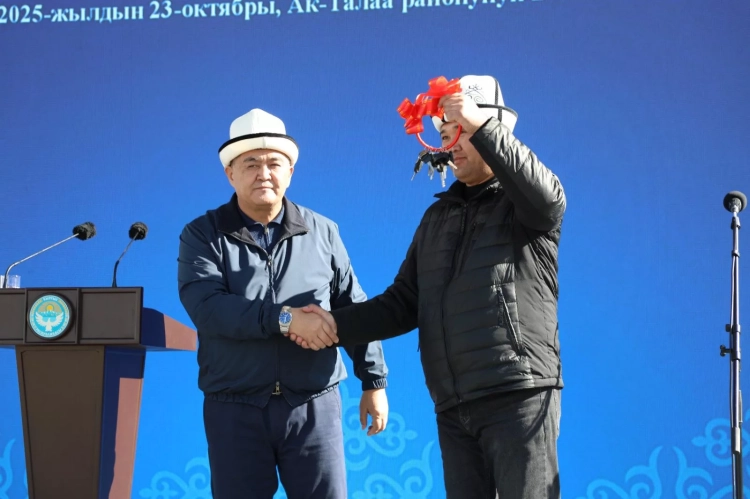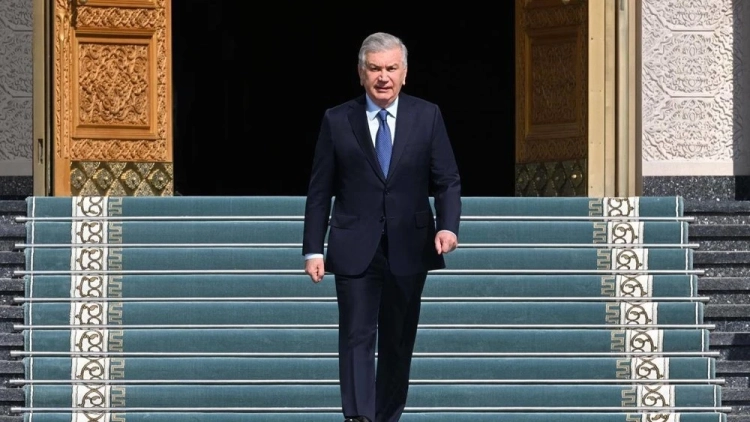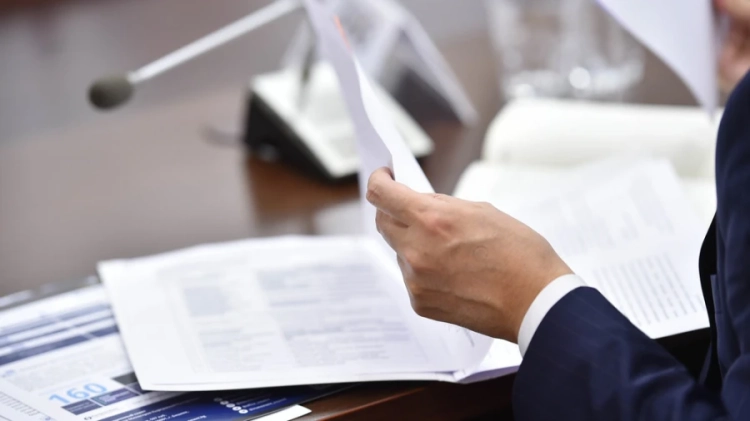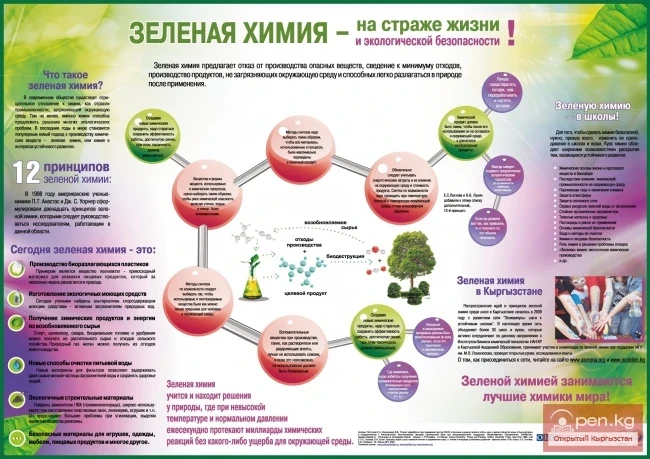The data provided by international organizations such as UNEP, UNDP, UNICEF, the International Organization for Migration, the World Bank, and ADB indicate the main sources of pollution:
- heating of residential buildings — 29 %;
- transport — 27 %;
- dust raised by the wind — 21 %;
- emissions from CHPs and boiler houses — 11 %;
- industrial enterprises — 2%.
Currently, there are 1,460 buses operating in the capital, of which 1,340 run on gas, and 120 are electric buses.
As part of the decisions made at the Eco Council, mass planting campaigns of over 10,000 trees of various species are planned from October 15 to 30, 2025.
Measures are also being developed to create a "green belt" around Bishkek.
A long-lasting fire at the Bishkek sanitary landfill has been extinguished, which has contributed to improving the smog situation.
Work is underway to construct a waste-to-energy plant occupying an area of 12 hectares:
- the maximum capacity for processing solid waste is up to 3,000 tons per day;
- the maximum electricity generation capacity is 24,000 kWh.
To date, 22 municipal boiler houses have been successfully converted from coal to natural gas, allowing for a reduction in annual coal consumption by 3.6 tons.
As part of the interagency commission's work to improve air quality, a mechanism for installing catalysts on private vehicles registered in Bishkek will be developed.
The Bishkek City Hall urges residents to comply with the introduced restrictions on the sale and use of bulk coal, as stated in the City Hall resolution dated October 9, 2025, No. 290 "On Certain Measures for the Protection of Atmospheric Air." These measures aim to reduce air pollution and include strict restrictions on the sale, storage, and use of bulk coal.
The municipal inspection has been instructed to strengthen control over waste burning and the quality of burned coal. As a result of the discussion, the deputy mayor received instructions:
- to enhance control over coal boiler houses and convert them to gas or electricity;
- to monitor compliance with environmental standards at small businesses;
- to curb illegal trade in uncertified coal;
- to conduct awareness-raising work among the population;
- The Department of Transport has been instructed to increase the number of environmentally friendly buses and monitor the condition of public transport;
- The Department of Social Development — to develop support measures for low-income citizens transitioning to environmentally friendly fuel;
- The Department of Urban Services will carry out regular monitoring of air quality.
